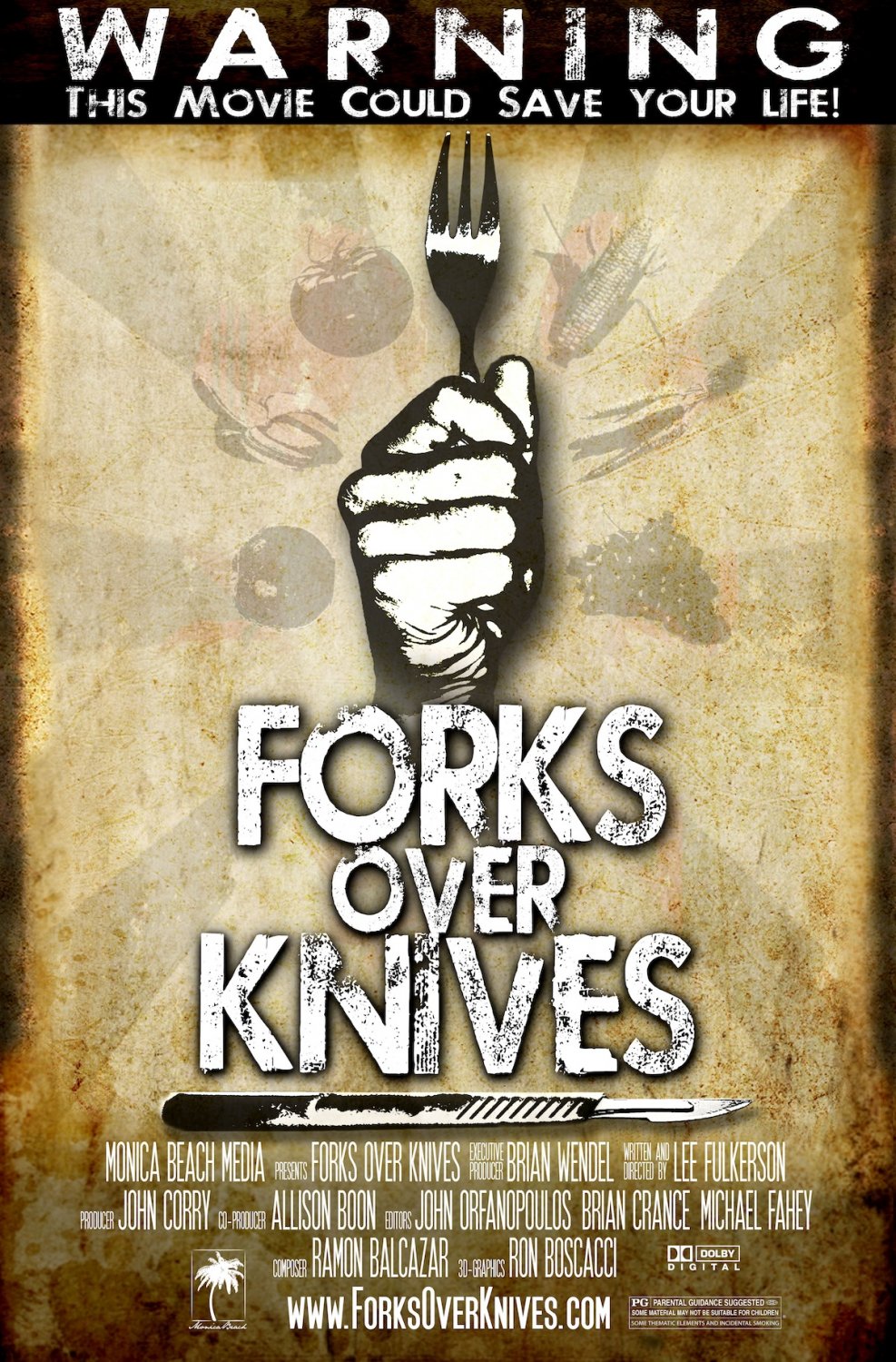Screening event promotes vegetarianism and veganism
On Friday, USC students gathered at the Tutor Campus Center to enjoy vegan Indian food and view a screening of the 2011 documentary Forks Over Knives. The event was hosted by USC’s Vegetarian and Vegan Club and featured catering from No Tomatoes.
The film was an advocacy project in which two scientists promote a whole-foods, plant-based diet. The main theme of the film was the power of food and the way in which it can cure or reverse certain diseases.
The scientists featured in the film, T. Colin Campbell and Caldwell B. Esselstyn, Jr., believe that a diet of animal protein turns on cancer and other diseases, such as coronary artery disease, which leads to heart attacks and strokes. They also say that a whole-foods, plant-based diet can stop, and in some cases, reverse diseases.
Duncan Gammie, a senior majoring in computer science, is not vegetarian or vegan and loves eating meat.
“I came here to be persuaded. I’m not a vegan, I’m not a vegetarian. I’m a full-on meat-eater,” Gammie said. “I’m just here to expand my mind and to see new possibilities.”
Silence fell over the room as a quote from Hippocrates, “Let food be thy medicine,” appeared on the screen and marked the beginning of the movie. Students were captivated by the information being presented.
The film ended to a resounding applause throughout the room and conversation immediately broke out.
Kathryn Bolton, a junior majoring in environmental studies and NGOs and social change, is a firm believer in the message of the film.
“Whole-foods, plant-based diet is the key and the answer to all of our problems, ever,” she said.
Most students appeared excited at the end of the film. Jennifer Cui, a freshman and World Bachelor of Business student, was glad she attended the screening. She compared Forks Over Knives to other documentaries known to have a similar message.
“I’ve watched Cowspiracy and Earthlings before, and those focus on different aspects. It’s an easy documentary to watch — it wasn’t off-putting to people,” Cui said. “I think it really helps open people’s eyes to the whole health-aspect and help people understand why someone would chose a dietary identity as vegan or vegetarian.”
Arjun Reddy, the vice president of the Trojan Vegetarian and Vegan Club, was pleased with the turnout of students and the conversation the film inspired.
“We wanted people to know the benefits of shifting to a plant-based diet. We know that a lot of people at USC, or even coming to this event, aren’t necessarily vegan or vegetarian,” he said. “We’re hoping this promotes a plant-based lifestyle and [students] can make some small switches to incorporate more plants and to reduce the meat consumption and dairy consumption in their life.”


It is great that events such as this have people thinking about sustainability, and the health of our planet. It is important, however, to recognize that veganism, in principle, often opposes environmentalism. Veganism, for example, accepts the consumption of any plant-based product simply because it contains no animal parts. Never mind that many of these products require more resources to produce than many sources of meat. Cashews and almonds, for example, require more water to grow than does chicken. Wild fish and game may be taken at a sustainable rate from undamaged lands with no harm to animal populations or the habitat that supports them. The same cannot be said for any form of agriculture, which necessarily destroys every individual, of every species, on the landscape converted to that purpose. Ironically, even though well-regulated hunting and fishing can reduce animal death in comparison to agriculture, veganism insists of the route of greater death and destruction, somehow as a matter of “principle.”
To a vegan, it matters not how many creatures die, but rather HOW they die. In this regard, veganism and environmentalism often find themselves at odds. Studies have shown that the diet imposing the least environmental impact will include at least some meat–that which may be taken from the wild or grown using the inedible by-products of plant agriculture that will otherwise go to waste.